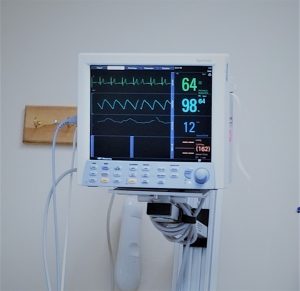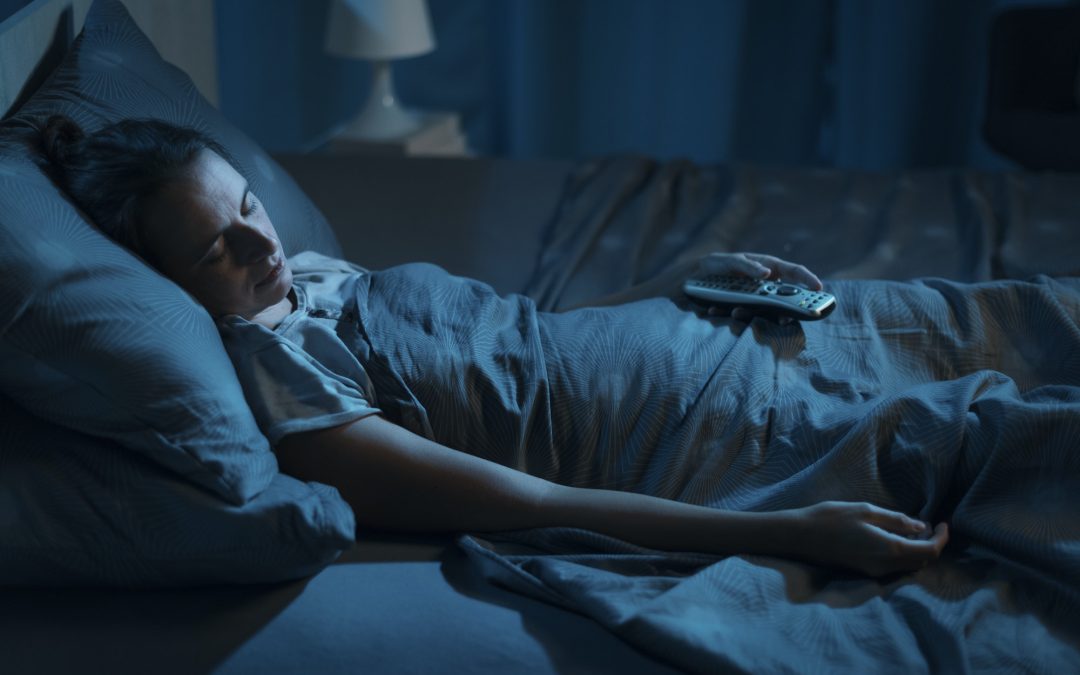According to a new study, taking your blood pressure during the day may not be enough. Find out why taking your blood pressure at night is important.
Did you know that there is a form of high blood pressure (also known as hypertension) that only occurs at night? According to reports, about 15 percent of people between the ages of 40 and 75 have this condition without it being diagnosed.
When measured over 24 hours, people can be divided into three groups: dippers, non-dippers, and reverse dippers. Dippers have a lower night-time blood pressure than daytime pressure. Non-dippers have similar blood pressure levels during the day and at night. Lastly, reverse dippers have higher blood pressure levels at night than during the day.
While home blood pressure monitors are useful, they can’t measure your levels while you’re sleeping. In other words, if your blood pressure rises at night, you may have an undiagnosed form of hypertension and all the associated risks.
Night Time Blood Pressure
 A new study from the University of Oxford analyzed the blood pressure patterns in patients admitted to the hospital over a 24-hour period. Their results show that almost half of these patients are “reverse dippers.” They also looked at blood pressure patterns from patients in primary care and found that around 15 percent were reverse dippers.
A new study from the University of Oxford analyzed the blood pressure patterns in patients admitted to the hospital over a 24-hour period. Their results show that almost half of these patients are “reverse dippers.” They also looked at blood pressure patterns from patients in primary care and found that around 15 percent were reverse dippers.
One possible reason for the difference in proportion is that the community group included a higher proportion of individuals who had already been diagnosed with high blood pressure. These people are more likely to be dippers instead of reverse dippers.
Study Findings
In addition to discovering that about 15 percent of individuals in the community (ages 40 to 75) have blood pressure increases at night, reverse dippers have lower levels during the day. In other words, they may have a missed diagnosis of hypertension since they check their blood pressure during the day.
In contrast, dippers have higher blood pressure levels during the day, so they are more likely to be diagnosed with high blood pressure. Furthermore, a well-established body of research shows that reverse dippers are at a higher risk of cardiovascular disease. According to the new study, at least 1 in 3 reverse dippers in both hospital and community patient groups had at least one cardiovascular disease.
Improving Blood Pressure
If people can’t measure their blood pressure while they sleep, what can they do? Laura Armitage, Doctoral Research Fellow, University of Oxford’s Nuffield Department of Primary Care Health Sciences, had this to say on the matter:
- “Failing to measure night-time blood pressure puts all groups other than dippers at risk of failure to identify hypertension. We recommend that, in addition to taking blood pressure measurements in the surgery, GPs should offer 24-hour ambulatory blood pressure monitoring (ABPM) in the home to all patients aged 60 and over as a minimum, when assessing for hypertension.
- Whilst we welcome the additional screening for hypertension recently deployed in pharmacies, it does not address the key issue highlighted in our paper: there is a substantial subset of individuals above the age of 60 who have low blood pressure during the day (for example, when screened in the pharmacy) but who have an elevated night-time blood pressure and hence a high risk of serious cardiovascular disease. Those individuals will not be offered ABPM because of their low day-time blood pressure and will be falsely reassured.”
 Because hypertension is a significant factor in heart disease, it’s important that you keep your blood pressure in a healthy range. You can do this by exercising regularly, eating healthily, and taking L-arginine Plus. As a heart supplement, it promotes circulation, blood pressure, cholesterol, and more. Give your health the support it needs by managing your blood pressure and taking L-arginine Plus.
Because hypertension is a significant factor in heart disease, it’s important that you keep your blood pressure in a healthy range. You can do this by exercising regularly, eating healthily, and taking L-arginine Plus. As a heart supplement, it promotes circulation, blood pressure, cholesterol, and more. Give your health the support it needs by managing your blood pressure and taking L-arginine Plus.

